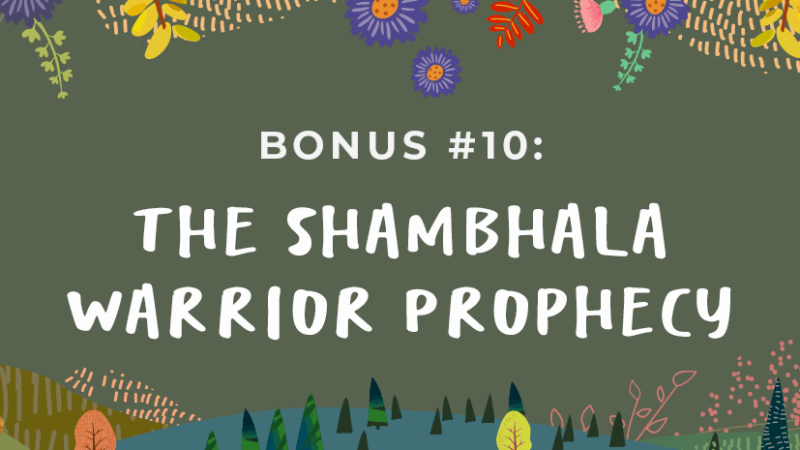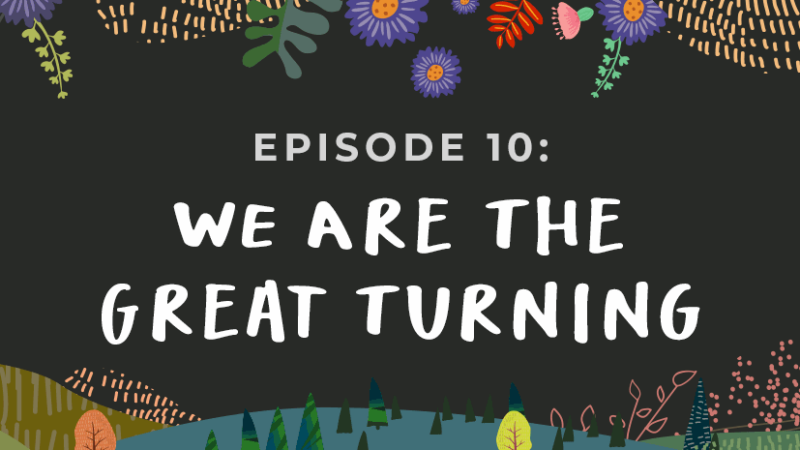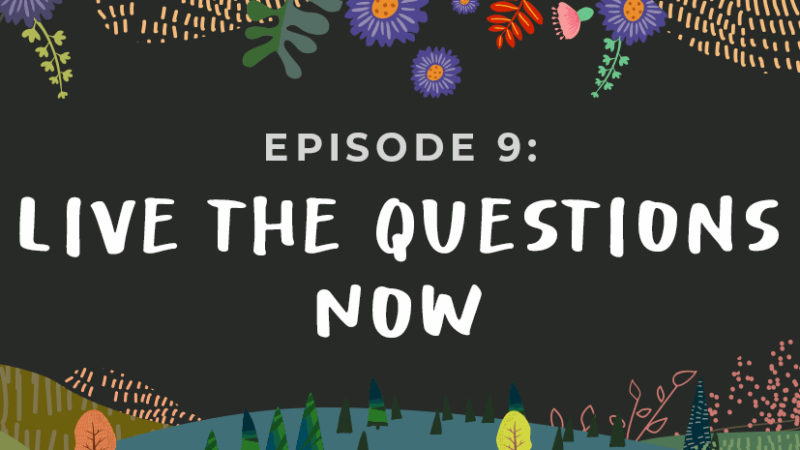Remembering Our Wholeness
Tami Simon speaks with Dr. Wayne Muller, author of the national bestseller Legacy of the Heart: The Spiritual Advantages of a Painful Childhood as well as How, Then, Shall We Live? and A Life of Being, Having, and Doing Enough. In this episode, Wayne speaks about how the experience of being enough is born in relationship and through the power of reaching out to people who feel isolated. He also talks about how we can see painful childhood events as opportunities to develop unique and special capacities. Wayne and Tami also discuss making time in our lives to relax into “enoughness” and the importance of not letting ourselves be swept away by the busyness of the culture. (56 minutes)




